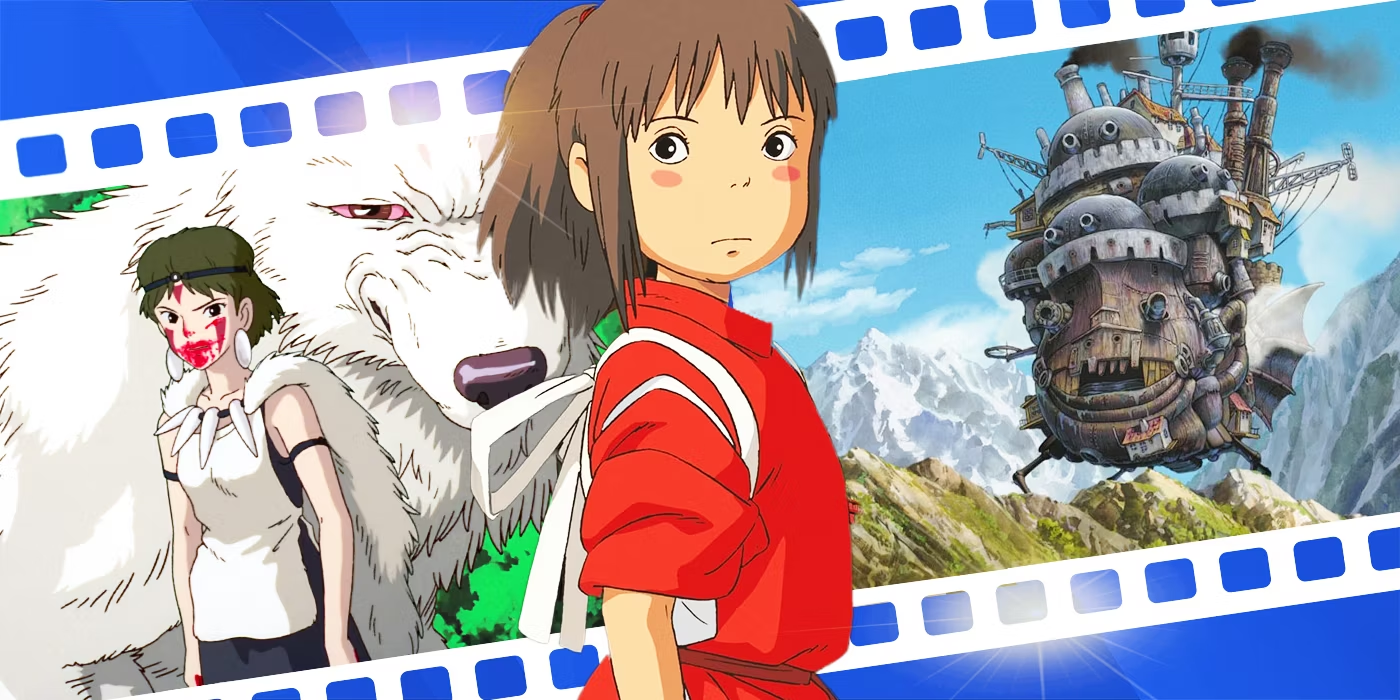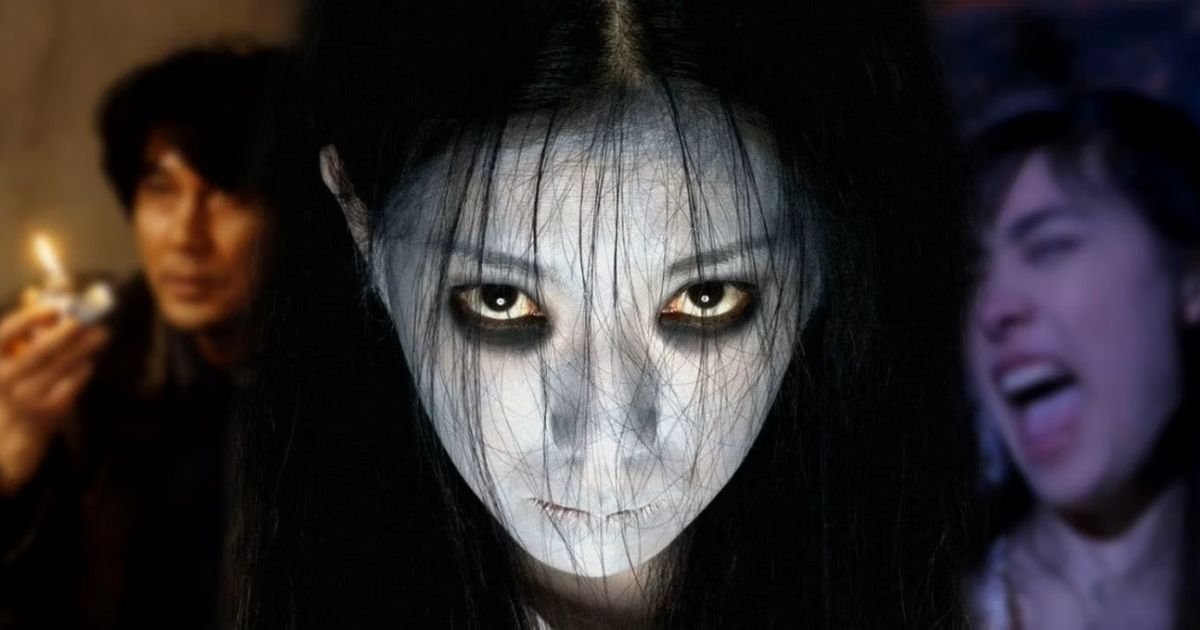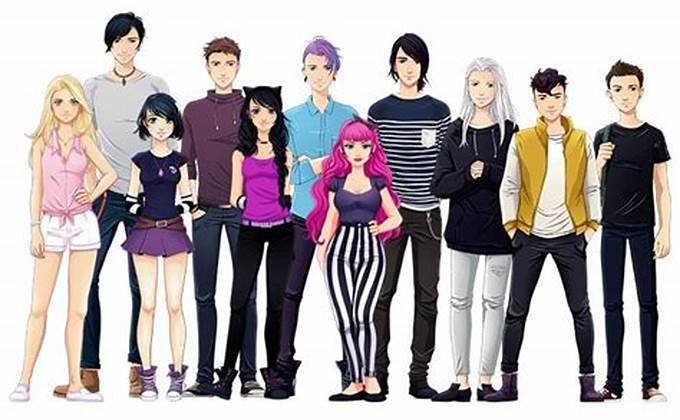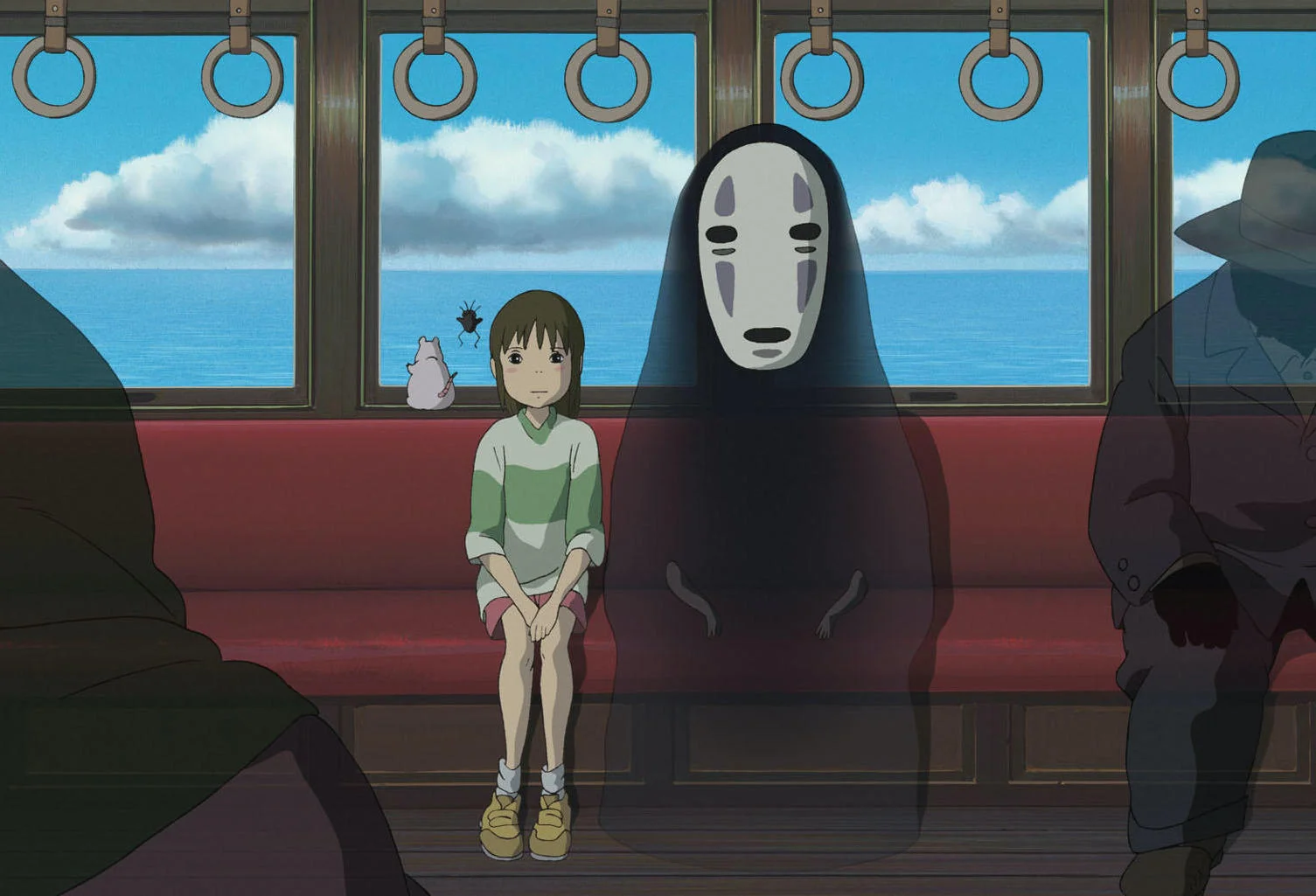Japanese cinema has produced a remarkable array of films that have captivated audiences around the world with their unique storytelling, visual artistry, and cultural depth. From classic masterpieces to modern marvels, these films offer a glimpse into Japan’s rich cinematic tradition. Here are some essential Japanese films that everyone should watch, showcasing a range of genres and styles that have left a significant mark on global cinema.
Seven Samurai (1954)
Directed by Akira Kurosawa, Seven Samurai is a timeless epic that tells the story of a group of samurai hired to protect a village from bandits. Known for its groundbreaking action sequences and deep character development, the film has influenced countless works in the action genre. Its innovative approach to storytelling and its portrayal of heroism and sacrifice make it a must-see for any film enthusiast.
Spirited Away (2001)
Hayao Miyazaki’s Spirited Away is a modern animated classic that won the Academy Award for Best Animated Feature. The film follows a young girl who becomes trapped in a magical world and must find a way to save her parents. Renowned for its stunning animation, imaginative world-building, and universal themes of growth and identity, Spirited Away is a standout in the world of animation and a must-watch for audiences of all ages.
Tokyo Story (1953)
Directed by Yasujirō Ozu, Tokyo Story is a poignant drama that explores family dynamics and the generational gap in post-war Japan. The film’s subtle storytelling and focus on the everyday lives of its characters offer a profound look at human relationships and societal changes. Its influence on narrative simplicity and emotional depth has made it a classic in Japanese cinema.
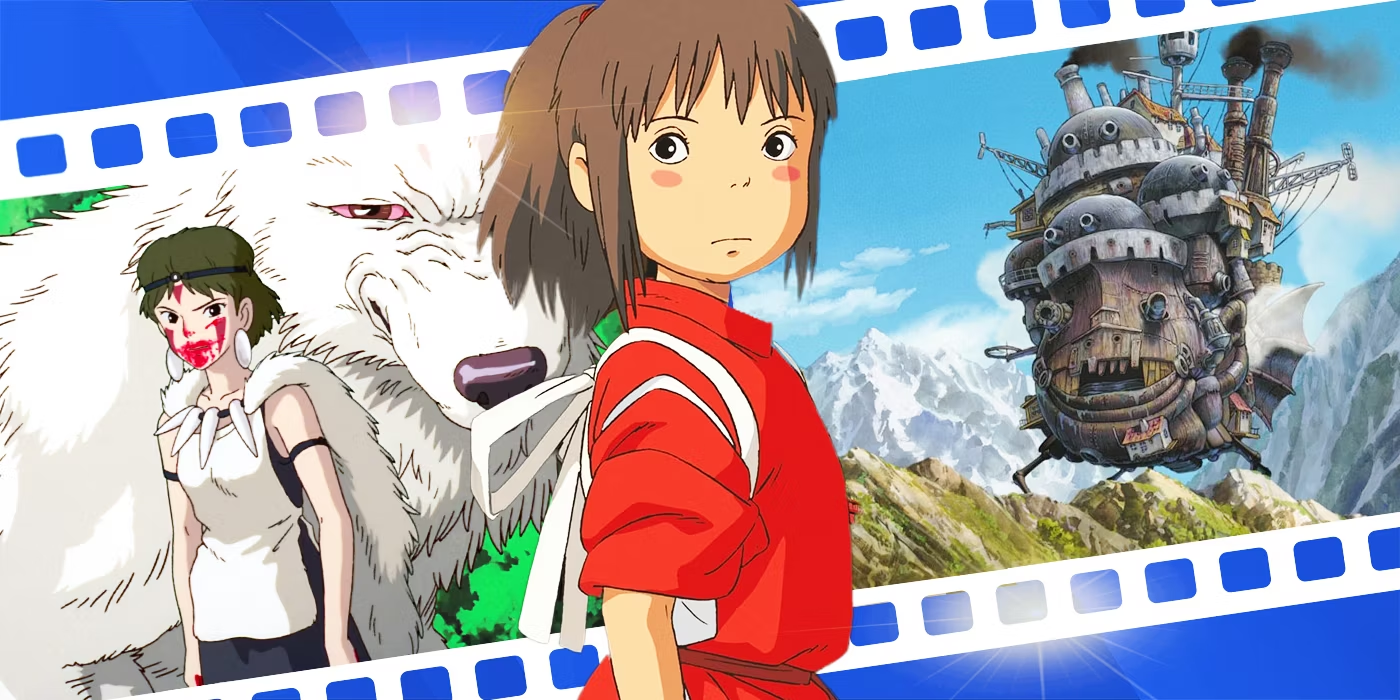
Ringu (1998)
Directed by Hideo Nakata, Ringu is a landmark in Japanese horror cinema. The film tells the story of a cursed videotape that causes viewers to die within seven days. Its chilling atmosphere and psychological horror have inspired numerous remakes and adaptations, including the American film The Ring. Ringu is essential viewing for fans of horror and supernatural thrillers.
Ikiru (1952)
Akira Kurosawa’s Ikiru is a deeply moving film about a bureaucrat who learns he has terminal cancer and sets out to leave a meaningful legacy. The film’s exploration of mortality and the search for purpose is both poignant and thought-provoking. Takashi Shimura’s powerful performance and Kurosawa’s masterful direction make Ikiru a significant work in Japanese cinema.
Battle Royale (2000)
Directed by Kinji Fukasaku, Battle Royale is a provocative film set in a dystopian future where students are forced to fight to the death. Its intense narrative and social commentary have made it a cult classic, influencing various films and media, including The Hunger Games series. Battle Royale is notable for its unflinching portrayal of violence and its critique of societal norms.
My Neighbor Totoro (1988)
Another gem from Hayao Miyazaki and Studio Ghibli, My Neighbor Totoro is a heartwarming film about two young sisters who encounter magical creatures in the countryside. The film’s charming animation, gentle storytelling, and themes of family and nature have made it a beloved classic. My Neighbor Totoro is a wonderful introduction to the enchanting world of Studio Ghibli.
Akira (1988)
Directed by Katsuhiro Otomo, Akira is a groundbreaking anime film set in a dystopian future. The film’s stunning animation and complex narrative about power and corruption have had a significant impact on the cyberpunk genre and animation worldwide. Akira is a must-watch for anyone interested in the evolution of anime and its influence on global cinema.
The Hidden Fortress (1958)
Another influential work by Akira Kurosawa, The Hidden Fortress is an adventure film that follows two peasants who become embroiled in a battle between warring factions. The film’s use of dynamic camera work and its influence on the Star Wars saga, particularly in its storytelling and character archetypes, make it a key piece in understanding Kurosawa’s impact on global cinema.
The Taste of Tea (2004)
Directed by Katsuhito Ishii, The Taste of Tea is a whimsical film that portrays the everyday lives of a quirky family in rural Japan. Its blend of surreal humor and gentle storytelling offers a unique cinematic experience, reflecting the playful and imaginative spirit of Japanese cinema. The Taste of Tea is an excellent example of contemporary Japanese film that combines creativity with heart.
Conclusion
These essential Japanese films offer a rich and diverse look at Japan’s cinematic heritage. From classic masterpieces and influential horror films to enchanting animations and thought-provoking dramas, each of these films provides a unique perspective on Japanese culture and storytelling. Watching these films is not only a journey through Japan’s film history but also an exploration of universal themes and innovative filmmaking that have left a lasting impact on global cinema.





